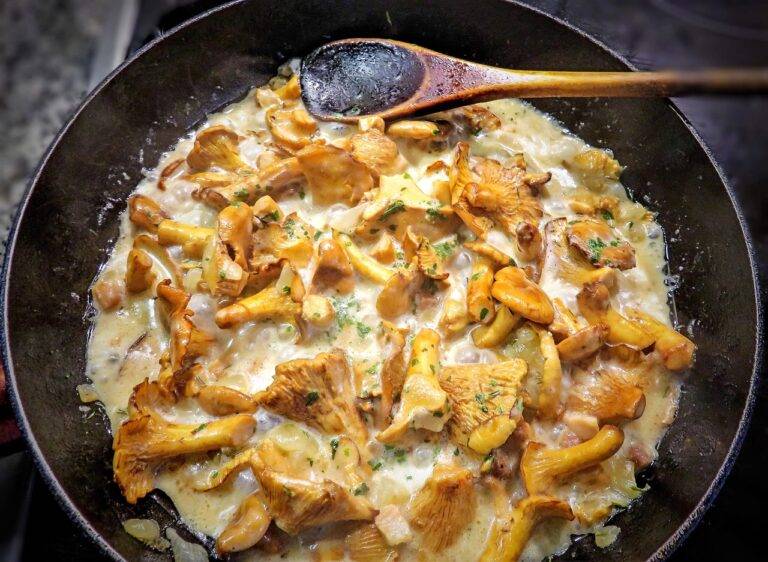The Rise of Culinary Tours and Experiences
Culinary tourism has seen a significant rise in popularity in recent years, with more people seeking authentic and immersive food experiences during their travels. Sampling local dishes and beverages has become a key aspect of exploring a destination, allowing tourists to connect with the culture and traditions of a place through its culinary heritage. The appeal of trying unique and diverse flavors, as well as learning about the ingredients and cooking techniques specific to a region, has fueled the growth of culinary tourism globally.
Food has always played a central role in bringing people together, and culinary tourism offers a way to foster cultural exchange and understanding. By participating in cooking classes, food tours, and tastings, travelers not only get to savor delicious meals but also gain insights into the history, customs, and values of a community. The immersive nature of culinary experiences allows visitors to engage all their senses – taste, smell, sight, and touch – creating lasting memories that go beyond mere sightseeing.
Exploring Local Cuisine and Culture Through Food
When it comes to traveling, one of the most captivating aspects is undoubtedly the opportunity to delve into the local cuisine and culture of a destination through its food. As the world becomes increasingly interconnected, culinary tourism has emerged as a significant trend, with more and more travelers seeking authentic culinary experiences that reflect the unique flavors and traditions of a particular region.
Sampling traditional dishes, learning about cooking techniques, and understanding the cultural significance of certain ingredients are all integral parts of exploring a destination through its food. Whether it’s savoring a steaming bowl of pho in Vietnam or indulging in a rich tagine in Morocco, food has the remarkable ability to transport us to different corners of the world, providing a sensory journey that not only tantalizes our taste buds but also offers insights into the history, traditions, and values of a specific culture.
The Evolution of Food Tourism
As travelers seek authentic experiences, food tourism has evolved into a popular way to immerse oneself in local culture. This culinary exploration goes beyond simply trying new dishes; it involves understanding the traditions, ingredients, and techniques that define a region’s gastronomy. By participating in food tours, cooking classes, and farm-to-table experiences, tourists can gain a deeper appreciation for the intricate relationship between food and community.
Furthermore, the rise of social media and food-focused television shows has played a significant role in the evolution of food tourism. Platforms like Instagram and Facebook allow food enthusiasts to share their culinary adventures with a global audience, inspiring others to embark on their own gastronomic journeys. As a result, destinations around the world have begun to leverage their unique food offerings to attract tourists, transforming food tourism into a thriving industry.





